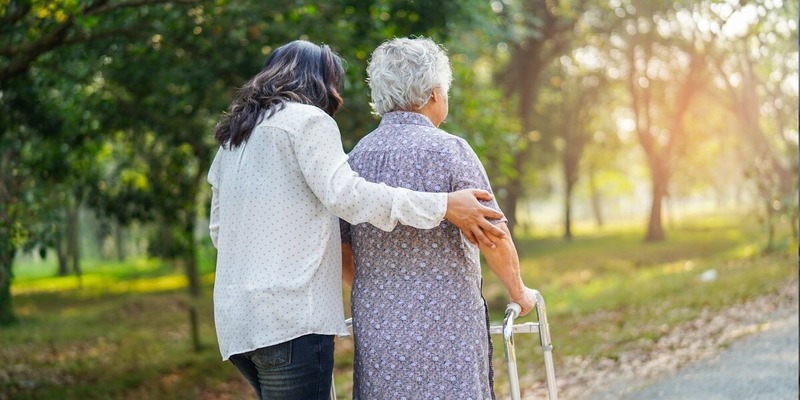The Centers for Illness Control and Prevention recommends that anybody at risk for monkeypox be vaccinated as the disease spreads across the United States.
Due to a shortage of Jynneos, the vaccine currently approved for use against monkeypox in the United States, the FDA notified last week that healthcare practitioners can administer just one-fifth of the vaccine to each patient.
An intradermal injection, or one given just below the skin's surface, may now inoculate five persons with a single dosage meant for only one.
The action might help strengthen a less-than-robust monkeypox vaccine supply, giving even more at-risk protection against the illness, although other experts are skeptical of its efficacy.
At-Risk Monkeypox Vaccinations

Although Jynneos are both approved in the United States to prevent both monkeypox and smallpox, Jynneos is the recommended alternative due to a lower risk of side effects. The two vaccinations in question are Jynneos.
Unlike the potentially pathogenic, "Jynneos comprises of a virus that is unable to reproduce." It was the vaccine used to eliminate smallpox, MD, an infectious disease expert at Memorial Hermann Health System in Houston, who was interviewed by Health.
The vaccine contains the live vaccinia virus, which can cause serious health problems. A higher risk of adverse events, scarring at the immunization site, and transmission to immunocompromised contacts mean it is not being utilized.
Possible Adverse Effects, Defined
Adverse responses and side effects are possible with any vaccination. Still, Dr. Yancey assured his patients that they occur in just a few people for every million or so doses administered. In the days following vaccination, some people may have milder versions of the common cold or influenza.
Pain, redness, swelling, induration, and itching at the injection site were the most prevalent adverse reactions to the Jynneos vaccination in people who had never had a smallpox vaccine.
People also complained of a lack of energy, a bad headache, nausea, and a chilling muscle sensation. A severe allergic reaction to the Jynneos vaccination is more likely in those allergic to any vaccine's components.
Although uncommon, these symptoms include swelling of the face and throat, trouble breathing, increased heart rate, dizziness, and weakness.
Precautions
It is crucial that your doctor monitor your progress at regular appointments and that you get the second dosage of the vaccination series at the appropriate dates to ensure the treatment is acting properly and to rule out any unpleasant effects.
Anaphylaxis, the most severe type of vaccine-induced allergic response, can be fatal and need rapid medical intervention if it occurs. After receiving the vaccination, you should contact your doctor immediately if you have any adverse reactions, such as a rash, itching, hoarseness, difficulty breathing, difficulty swallowing, or swelling of the hands, face, or lips.
Dealing with Vaccine-Related Illnesses
Dr. warns that it is sometimes impossible to predict who may have these side effects and to what extent but that there are measures that can be taken to lessen the likelihood of discomfort following vaccination.
For instance, Acetaminophen and ibuprofen can alleviate discomfort associated with fever, muscular pains, and headaches. Keeping yourself well-hydrated is another important measure you may take to mitigate the vaccine's negative effects.
Dehydration can amplify the impact of any adverse reactions you may have, so be sure to drink lots of fluids before and after getting vaccinated. Chest discomfort, lower extremity swelling, fast or irregular pulse, hives, trouble breathing, dizziness, and/or weakness are symptoms that warrant quick attention, according to specialists.
After a Mpox Exposure Vaccination

If you have been exposed to a person with pox, you can get vaccinated to lessen the severity of the disease. Vaccination is most effective if administered after 4 days of exposure but can be given up to 14 days later to those who are particularly at risk. For further information, contact the Public Health Unit in your area. Rather than injecting the vaccine into the skin, we will inject it subcutaneously.
Avoiding Danger
The vaccine's effectiveness is maximized once a second dosage is administered. If you are part of a high-risk population, such as the homosexual, bisexual, and other men who have sex with men (GBMSM), or a vulnerable population, your clinic will contact you as soon as the second dosage becomes available.
You should be vigilant for pox symptoms, self-isolate if you encounter any, and avoid sex and close physical contact with others who have symptoms until you are told that you may receive your second dose of the vaccine.




